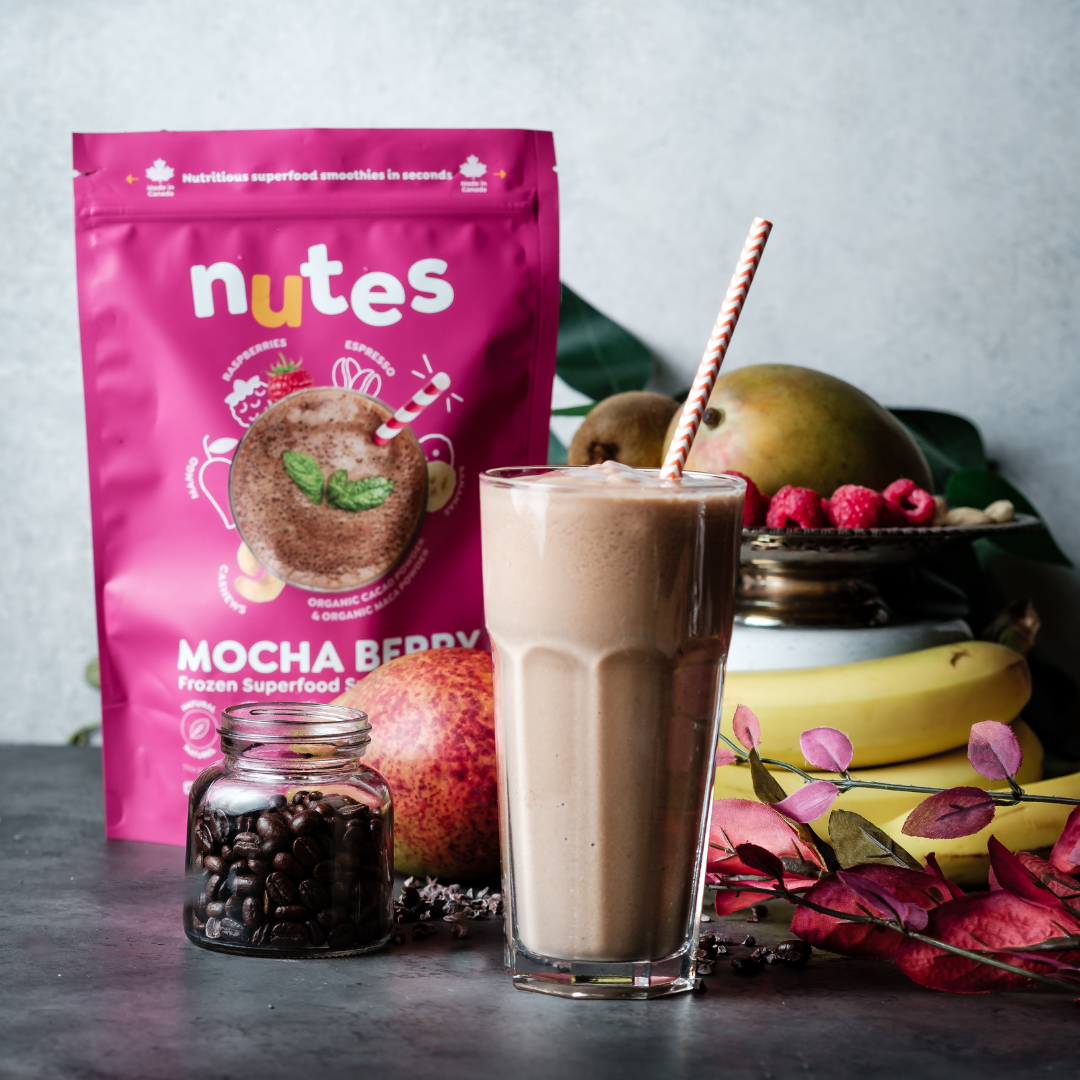Getting your ingredients is just the first part of switching to a plant-based diet. The next step to take is turning these ingredients into satisfying meals. Here, your goal should be to have as much variety as you can.
Grab plant-based cookbooks and use the plethora of plant-based recipe web sites. These will give you plenty of ideas for building your meal plan. Additionally, many of these cookbooks and web sites come with nutrition info on ingredients for further planning. You can also join various online groups and exchange recipes with other members.
Another useful reminder when following a plant-based diet on a budget is to cook everything in batches. For instance, you can cook root crops like beets and potatoes well ahead of time. Come meal times, all you need to do is assemble them. The strategy works well for the weeks when you don’t have the time to cook meals. You will also find it handy when you want a steady supply of meals on the go.
Avoid expensive processed foods and cheap foods that only achieve appealing taste by adding unhealthy sugars, salts, and unnatural flavourings. Strive to consume whole foods and prepared foods made only with whole food ingredients. You might be surprised to hear this, but many vegans today deceive themselves that they are eating healthy when they are actually hooked on consuming processed and sugary junk foods!





Comments